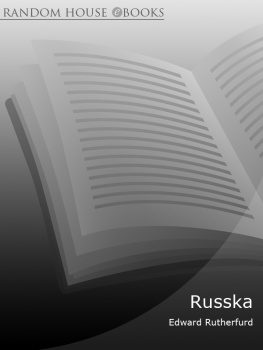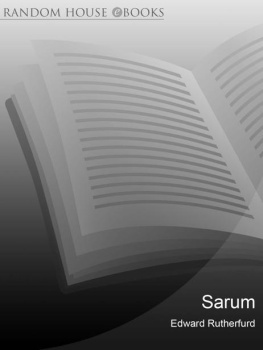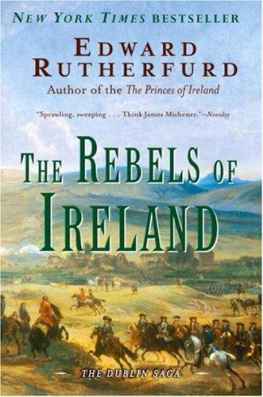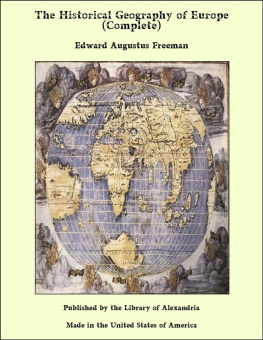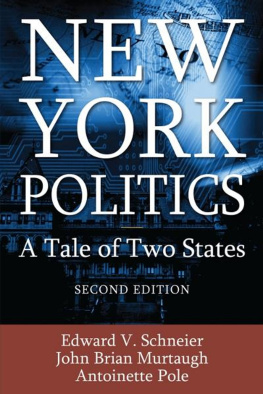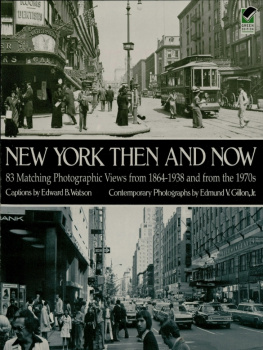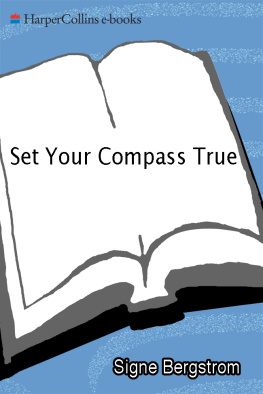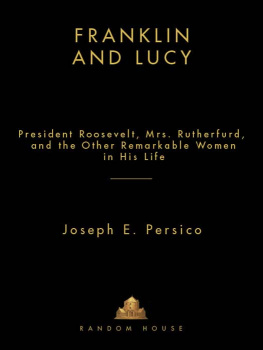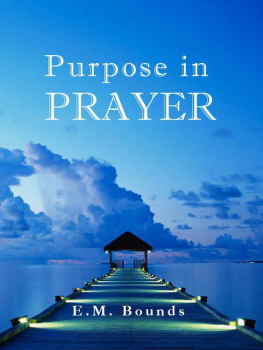Edward Rutherfurd - New York
Here you can read online Edward Rutherfurd - New York full text of the book (entire story) in english for free. Download pdf and epub, get meaning, cover and reviews about this ebook. year: 2009, publisher: Doubleday, genre: Art. Description of the work, (preface) as well as reviews are available. Best literature library LitArk.com created for fans of good reading and offers a wide selection of genres:
Romance novel
Science fiction
Adventure
Detective
Science
History
Home and family
Prose
Art
Politics
Computer
Non-fiction
Religion
Business
Children
Humor
Choose a favorite category and find really read worthwhile books. Enjoy immersion in the world of imagination, feel the emotions of the characters or learn something new for yourself, make an fascinating discovery.

- Book:New York
- Author:
- Publisher:Doubleday
- Genre:
- Year:2009
- Rating:5 / 5
- Favourites:Add to favourites
- Your mark:
- 100
- 1
- 2
- 3
- 4
- 5
New York: summary, description and annotation
We offer to read an annotation, description, summary or preface (depends on what the author of the book "New York" wrote himself). If you haven't found the necessary information about the book — write in the comments, we will try to find it.
New York — read online for free the complete book (whole text) full work
Below is the text of the book, divided by pages. System saving the place of the last page read, allows you to conveniently read the book "New York" online for free, without having to search again every time where you left off. Put a bookmark, and you can go to the page where you finished reading at any time.
Font size:
Interval:
Bookmark:
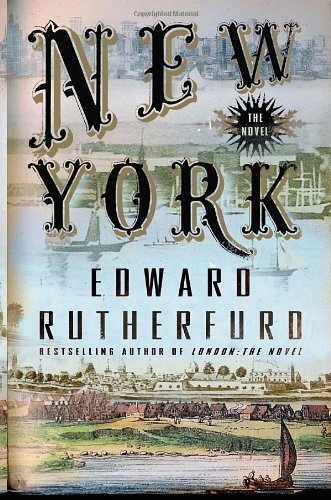
ALSO BY EDWARD RUTHERFURD
Sarum
Russka
London
The Forest
Dublin
Ireland Awakening
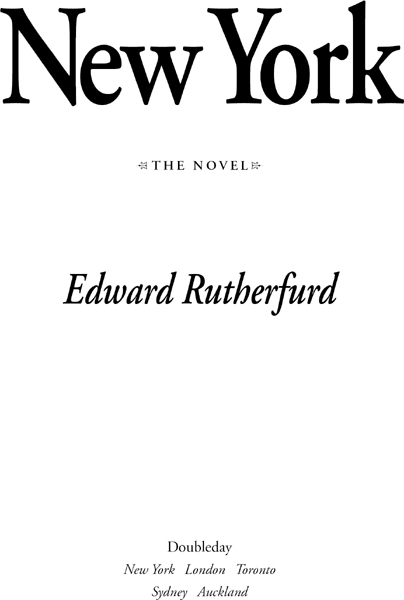
This book is dedicated, with a lifetime of thanks,
to Eleanor Janet Wintle
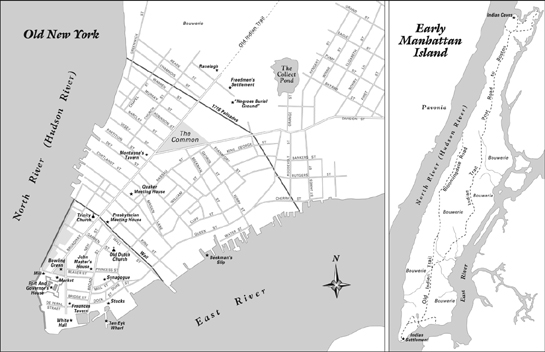
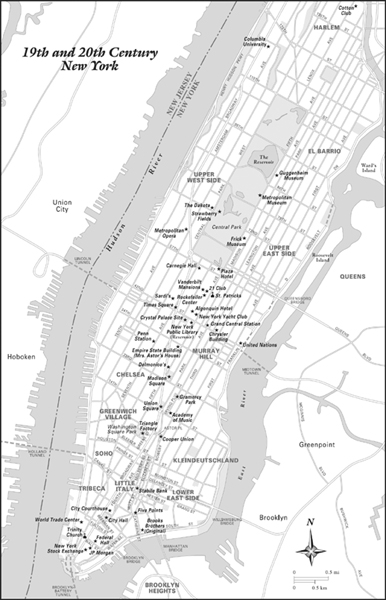
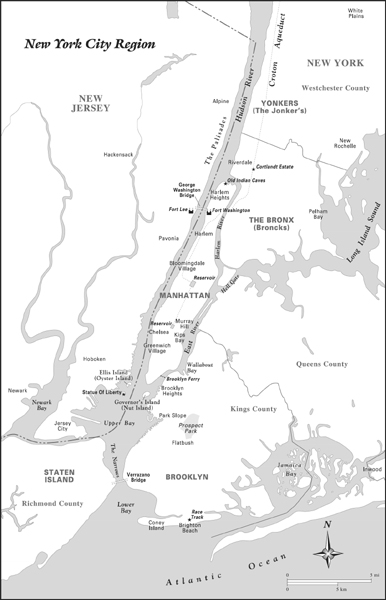
N EW YORK IS , first and foremost, a novel. All the families whose fortunes the story follows are fictional, as are their parts in the historical events described. But in following the stories of these imaginary families down the centuries, I have tried to set them among people and events that either did exist, or might have done.
The names of the principal families in this book have been chosen to represent the traditions from which they come. Van Dyck is a common and easily remembered Dutch name. Master is a fairly common English name, though I confess that while considering the familys destiny as merchants and Wall Street men, the phrase Master of the Universe sprang naturally into my mind. White is another typical English name. Keller is the fiftieth most popular German name, meaning a Cellar Man. ODonnell is a well-known Irish name, Caruso a famous Southern Italian name, and Adler, meaning Eagle in German, is found all over Middle Europe. In the case of characters who make brief appearances, the Rivers family are invented; the family of Albion appeared in my book The Forest. My choice of the name Juan Campos was inspired by the famous Puerto Rican composer Juan Morel Campos. The name Humblay does not, so far as I am aware, exist, but is an old spelling of humbly to be found in sixteenth-century prayer books. For the origins of the names Vorpal and Bandersnatch, readers are directed to Lewis Carrolls poem: Jabberwocky.
It has been necessary to invent very little in terms of historical event during the course of this narrative. Here and there, to maintain the narrative flow, there are a few simplifications of complex historical sequence or detail, but none, I believe, that misrepresent the general historical record. A few words, however, are needed as to historical interpretation.
American Indian tribes. While I have made reference to certain local tribes, such as the Tappan and the Hackensack, whose names are still to be found in local topography, the New York region contained such a multiplicity of tribal groups that I have not wished to confuse the reader by using too many. Instead, I have often followed the common practice of referring to these tribes by the name of their shared language group, which was Algonquin. Similarly, the tribes to the north are often called Iroquoiswhich was their languagealthough where appropriate, individual tribes like the Mohawks are so named. Readers may be surprised that in the early part of the story I have not used the name of Lenape to denote the native people of the Manhattan region. But in fact, this name was only applied to these groups at a later historical period, and so I have preferred not to make use of it when it would have signified nothing to the people described.
Some recent histories, in particular The Island at the Center of the World, Russell Shortos admirable book on New Amsterdam, stress the tradition of personal and civic freedom bequeathed to New York by the Dutch. I have tried to incorporate this work into my story, with the slight proviso that civic independence had a history dating back into the Middle Ages in England and much of Europe, as well.
My view in my original draft, that the English were harsher slaveowners than the Dutch, has been modified in conversations with Professor Graham Hodges, whose book Root & Branch covers this subject thoroughly.
I have chosen to believe that the English governor, Lord Cornbury, was indeed a cross-dresser. Several distinguished historians have been kind enough to agree that this is a good choice.
My view of the changing relations between Englishmen and Americans evolved considerably during the course of this narrative thanks to my conversations with Professor Edwin G. Burrows, the distinguished coauthor of Gotham, whose book on this subject, Forgotten Patriots, came out during the the writing of this novel.
New York is a vast subject, and one of the most complex cities in the world. Any novelist covering its rich history will have to make many choices. I can only hope that the reader may find that this book conveys something, at least, of the history and spirit of what is, for me, a much-loved city.
 1664
1664
S O THIS WAS freedom.
The canoe went with the rivers tide, water bumping against the bow. Dirk van Dyck looked at the little girl and wondered: Was this journey a terrible mistake?
Big river, calling him to the north. Big sky, calling him to the west. Land of many rivers, land of many mountains, land of many forests. How far did it continue? Nobody knew. Not for certain. High above the eagles, only the sun on its huge journey westward could ever see the whole of it.
Yes, he had found freedom here, and love, in the wilderness. Van Dyck was a large man. He wore Dutch pantaloons, boots with turnover tops, and a leather jerkin over his shirt. Now they were approaching the port, he had put on a wide-brimmed hat with a feather in it. He gazed at the girl.
His daughter. Child of his sin. His sin for which, religion said, he must be punished.
How old was she? Ten, eleven? She had been so excited when hed agreed to take her downriver. She had her mothers eyes. A lovely Indian child. Pale Feather, her people called her. Only her pale skin betrayed the rest of her story.
Soon we shall be there. The Dutchman spoke in Algonquin, the language of the local tribes.
New Amsterdam. A trading post. A fort and little town behind a palisade. But it was important, all the same, in the worldwide commercial empire of the Dutch.
Van Dyck was proud to be Dutch. Their country might be small, but the indomitable Netherlanders had stood up to the mighty, occupying Spanish Empire, and won their independence. It was his people who had constructed the great dykes to reclaim huge tracts of fertile land from the rage of the sea. It was the maritime Dutch who had built up a trading empire that was the envy of the nations. Their citiesAmsterdam, Delft, Antwerpwhere the rows of tall, gabled houses lined stately canals and waterways, were havens for artists, scholars and freethinkers from all over Europe, in this, the golden age of Rembrandt and Vermeer. Yes, he was proud to be Dutch.
In its lower reaches, the great river was tidal. This morning it was flowing down toward the ocean. During the afternoon, it would reverse itself and flow back toward the north.
Font size:
Interval:
Bookmark:
Similar books «New York»
Look at similar books to New York. We have selected literature similar in name and meaning in the hope of providing readers with more options to find new, interesting, not yet read works.
Discussion, reviews of the book New York and just readers' own opinions. Leave your comments, write what you think about the work, its meaning or the main characters. Specify what exactly you liked and what you didn't like, and why you think so.

